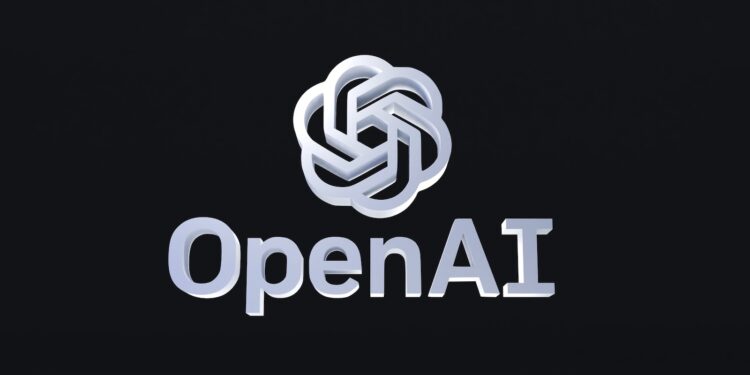Google Chrome has been the top dog among web browsers for years. Safari is the first choice among Apple users. This dominance hasn't changed much for a long time. But now a new competitor is on the horizon that has the potential to shake up the playing field: OpenAI. According to a Reuters report, the company behind ChatGPT is about to launch its own browser – and it puts artificial intelligence directly at the center of the user experience.
The browser market has previously been considered largely fragmented. Chrome dominates globally, Safari secures Apple users, and Firefox and Edge play in smaller niches. OpenAI now wants to enter this mature landscape. Not with a standard browser, but with a new way of browsing: AI-driven, dialog-based, and deeply connected with its own agent technologies. Three people familiar with the matter confirmed to Reuters that the launch is scheduled for the next few weeks—possibly as early as July.
OpenAI's Browser – more than just a new interface
OpenAI's plans go far beyond what conventional browsers offer. At its core is a ChatGPT-like user interface. This means that user interactions will no longer primarily occur through clicking on web pages, but rather directly via text dialogs within the browser. Two of the sources state that many typical tasks—such as searching for information, comparing, reading, or even ordering—will be able to be handled via this native chat interface in the future. This would fundamentally shift user behavior. The browser will no longer act merely as a window to the web, but as an active intermediary between the user and the content.
AI agents are integrated directly
One important technical difference: OpenAI plans to integrate its own AI agents, such as "Operator," directly into the browser. This would allow these agents to perform tasks on behalf of the user. For example, research could be automated, forms filled out, or even simple transactions carried out – all in the background, controlled by AI. This clearly distinguishes the OpenAI browser from Chrome or Safari, where such functions are only available via third-party plugins. The AI functionality here isn't on top of the browser; it's part of the core.
Standard functions remain
Despite the innovative concept, the browser's basic features are expected to conform to current standards. Tabs, the address bar, bookmarks, and simple navigation are expected to remain familiar. The biggest innovation lies not in the interface, but in the way the browser processes tasks and makes information accessible.
Timing is no coincidence
The planned launch date in July is no coincidence. Apple recently announced that Safari will receive an AI update with iOS 26 and macOS Tahoe. At the same time, discussions are underway about an expanded partnership between Apple and OpenAI. Google, on the other hand, continues to face regulatory issues surrounding Chrome. OpenAI is apparently strategically using this moment as an opportunity to gain a foothold in the browser market.
Additional development: Acquisition of hardware startup “io” completed
At the same time as the browser plans, OpenAI also confirmed a major acquisition. The company has acquired the hardware startup "io", founded by Jony Ive and Sam Altman. After legal delays, the deal is now complete. The official announcement states that Jony Ive and his design studio LoveFrom will remain independent, but will take on important design and creative tasks at OpenAI in the future. This connection could also have an impact on the design of the new browser - both functionally and aesthetically. As chief designer at Apple, Ive was responsible for products such as the iPhone and the iMac for a long time. His style is considered to be influential in the industry.
OpenAI brings a breath of fresh air to the browser market
With its planned AI browser, OpenAI is entering a highly competitive market – not as a traditional competitor, but with a new concept. The focus is on the integration of artificial intelligence, direct user interaction via dialogs, and the use of AI agents that can actively perform tasks. At the same time, the browser remains fundamentally familiar and could thus find broad acceptance. Given the parallel development on the Apple side and the current situation at Google, the timing is opportune. Chances are good that OpenAI is not just experimenting here, but is serious about it. (Image: Shutterstock / CryptoFX)
- OpenAI confirms completion of deal with io Products
- Trademark dispute with iyO provides insight into OpenAI project
- ChatGPT for Mac: New tools for meetings and cloud access
- ChatGPT becomes a super assistant: This is what OpenAI is planning now
- OpenAI wants to complement smartphones with new AI device





